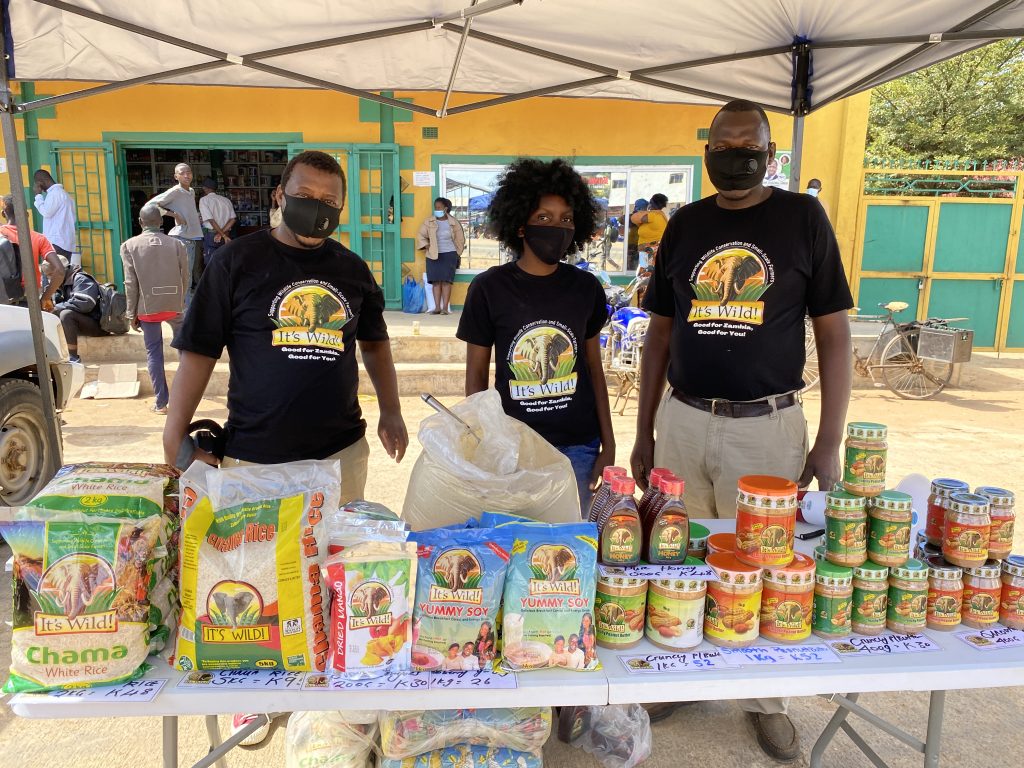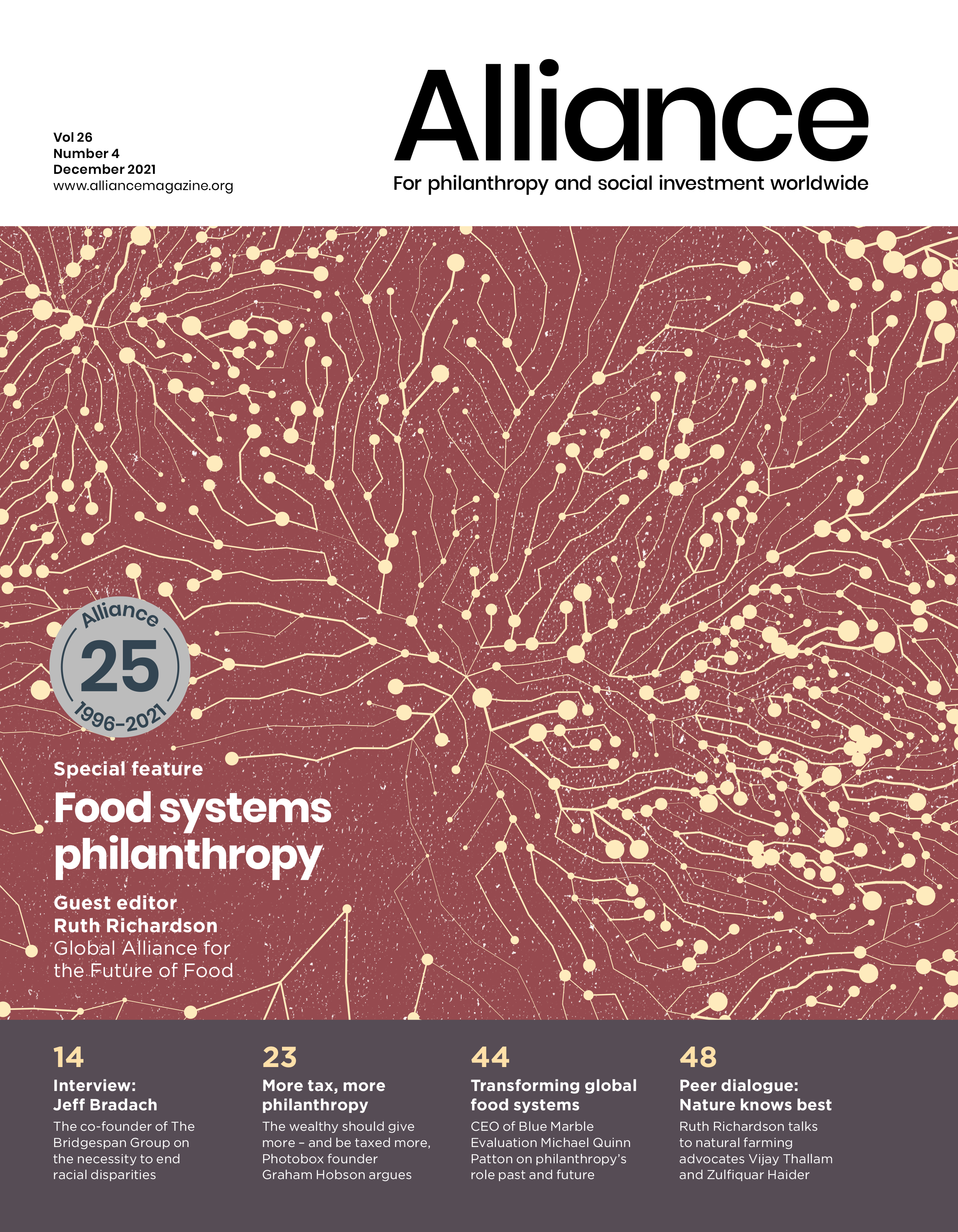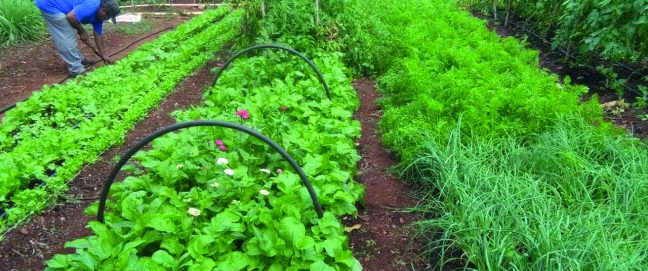Covid-19 revealed the weaknesses of current food systems but also highlighted initiatives which could be transformative
When the Covid-19 pandemic closed down markets, borders, and trucking, it exposed the limitations of global food supply chains. Supply chain disruptions exposed other problems in our food system. Policy-makers and investors launched a new conversation about strengthening access to regional markets for producers, processors and food enterprises, aware of the weaknesses of a food system focused on commodity and export crops. At the same time, academics and activists were highlighting the externalised costs of industrial food production. What these actors often miss is the fact that farmers and their social entrepreneurship allies are already building alternatives based on cooperative models, non-profit ownership, and local consumption models.
These global events and growing understanding illuminate the risks presented by our current food systems. Continuing with business as usual is untenable. The good news is that the transition to a healthy food system is already happening. Farmers, entrepreneurs, non-governmental organisations, and governments are implementing exciting initiatives to increase resilience to external shocks and enhance local control of decision-making, while valuing soils, water, and ecosystems, along with worker and community health. Enterprises are achieving these outcomes at different scales through innovative business models that recognise the value created by farmers and enterprises producing healthy food in harmony with nature and treating producers and workers fairly.
 It’s Wild sales stand in Zambia. Credit: itswild.org
It’s Wild sales stand in Zambia. Credit: itswild.org
Subscribe now from only £45 a year!
This article is only available for our subscribers
Existing users can login here


